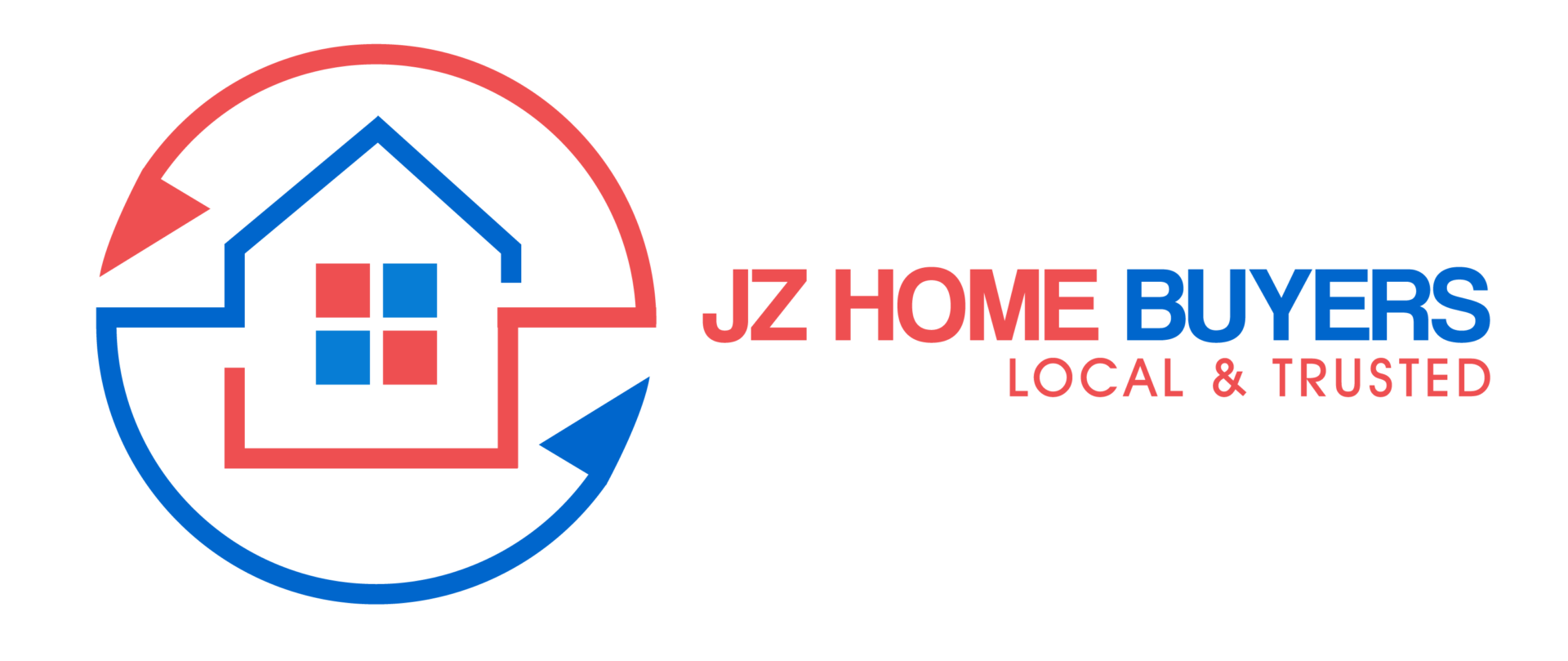
How to Sell Your House
Here are the basic steps of selling a house, from preparing your property for sale to moving into your new home.
If buying a property is the “Most Difficult Adult Thing You’ve Ever Done,” selling a house must come in second.
A home sale can take a lot of time, planning, paperwork, and money to complete. Here’s how to do things in a step-by-step manner. We’ll begin with a high-level overview and then dig deeper.
How to sell your house: The basics
1. Make your house ready to sell. This is often described as “staging” by real estate professionals, although it can simply entail decluttering or repainting your walls.
2. Examine the market. Do you reside in a seller’s or a buyer’s market? What are comparable properties selling for in your area?
3. Determine whether you require the services of a real estate agent. Some sellers attempt to sell their house on their own first, then hire an agent if they are unsuccessful.
4. Set a reasonable price. You need to figure out how much money you’ll get from the sale after marketing, closing costs, and any broker commissions.
5. Promote your home. You want your property to create a terrific first impression, from magazine-quality images to an engaging listing description.
6. Get ready to negotiate. This is where a good real estate agent may make a significant difference. A skilled negotiator can save you hundreds of dollars.
7. Prepare to say your final words. You may have to deal with contingencies as well as repairs discovered during the house inspection.
8. Make a strategy for moving. As you pack up your stuff and relocate, you may not have much time to celebrate your sale.
1. Prepare Your Home For Sale
Preparing your home for sale may be the most important part of the process. Decide to put sentimentality aside and focus on increasing the marketability of your property, from curb appeal to decluttering. Family photos should be put away, walls should be painted, and that comfortable but worn recliner should be retired.
Professional stagers charge a fee to help prepare a home for sale, and the results may be stunning. Professionals would frequently remove half of a home’s furniture to make it appear larger. According to the International Association of Home Staging Professionals, such services can cut a home’s time on the market in half, and staged properties can sell for up to 20% more than non staged homes.
2. Analyze Your Market
However, keeping an objective perspective on your local real estate market will help you moderate your expectations as well as correctly price and advertise your home. You can expect many bids above your opening listing price in a seller’s market. In a buyer’s market, though, you may need to lower your asking price.
Comps, or information on recently sold properties, might assist you in determining a ballpark price. Examine houses that are as close as feasible to yours in terms of age, style, location, and size. Because the asking price isn’t always the final price, properties that are up for sale won’t give you as accurate a picture as sold homes.
3. Determine whether you need a real estate agent
While the temptation to sell the house oneself may be overwhelming, an independent third-party can sometimes make a significant difference. Whether you hire an agent or sell your home yourself, you’ll want honest comments on your suggested price, how well the house will show, and other aspects of the sale along the road.
It might be hard just presenting the house yourself, especially when you hear candid — and often heartbreaking — comments about your home.
A comparative market analysis (real comps!) will be provided by a listing agent. Their expertise in the local market might also be a big plus. A seasoned real estate agent will steer you clear of rookie blunders.
An FSBO transaction may be right for you if you have the time, marketing expertise, and people skills. If you do decide to engage a real estate agent, do interviews with at least three candidates to determine the best match.
4. Set a competitive price
Unless you live in a hot seller’s market, leave some room for negotiation when establishing the list price of your house. However, don’t overprice your home. In general, the longer your home is on the market, the less money you will receive.
There will also be certain charges to deduct from the proceeds of the sale, such as a broker’s commission of 5% to 6%.
Even if you go it alone and don’t hire an agent, you’ll incur marketing expenditures (signs, flyers, listing fees, photography, and so on) as well as whatever closing costs you’re prepared to provide to entice potential buyers.
5. Market your property
You’ve noticed properties with a bit more oomph in their internet listings, with eye-catching pictures and succinct yet comprehensive descriptions.
According to data from the National Association of Realtors, 89 percent of home buyers who searched online in 2020 thought photographs to be extremely helpful. Detailed written information came in second place, with 86 percent of consumers finding it extremely helpful. And it’s all about online listings these days. According to the same NAR data, 43% of buyers looked at online listings before calling a real estate agent.
It is impossible to overestimate the importance of high-quality photography. After all, a buyer’s initial impression of your house may be based on the featured photo on your web listing.
6. Get ready to negotiate
All of the finer elements of bargaining with potential buyers can take time and patience, and here is where competent real estate agents earn their commission. According to NAR data from 2020, the median price for homes sold through agents was $295,000, which was more than $77,000 higher than the median price for homes sold by their owners, which was $217,900. Though some of the differences can be attributed to the lower cost of FSBO homes, it may not be worth it if you’re considering selling your own home just to save money on the listing agent’s commission.
Is it possible to buy and sell at the same time? Some of the last-minute details you’ll have to deal with include deciding whether you want to trigger a “rent-back” agreement from the new owners to give you more time to finish the purchase of a new home and prepare for the move.
If you receive multiple offers, factors such as the buyer’s proposed timeline are reasons why you should consider more than just price. Your agent can assist you in comparing the financing, terms, and contingencies of various offers so that you can choose the best one for you.
7. Prepare for the closing
You must make your home available for an appraisal and inspection, whether you use an agent or not. Contingencies may be required if issues arise during the inspection. The seller may tire of these “if-then” scenarios: “If you fix this, then we’ll buy your house.”
Market-driven variables are contingencies. In general, the greater the demand for homes, the fewer constraints are imposed on a sale. A buyer may offer to waive contingencies such as the home inspection in a particularly hot real estate market.
You’ll also need to be prepared to cover part of the closing charges. The charges that the seller bears are determined by state and municipal laws, as well as your unique agreement with the purchasers. Make sure you’ve read the purchase agreement thoroughly so you know what to expect.
8. Plan your move
After all of the work that goes into selling your home, the most stressful time may come when it’s time to relocate. Organizing movers, packing and, dealing with a change of address all necessitate meticulous attention to detail.
But there is some good news at the end of it all: the reward. When you sell your house, the IRS usually permits you to realize a tax-free gain of up to $250,000 on the sale. If you’re married and filing jointly, double that by two to get a total of $500,000. What’s the bad news? It is not deductible to sell your home at a loss.
Are you planning to sell your property? The first step is to find the right real estate agent to help you market your home; JZ Home Buyers is the best option because we buy houses in any condition and can help you sell your house quickly and for top dollar! For a smooth, stress-free home-selling experience, call us at 817-382-3579 or visit www.jzhomebuyers.com today!

